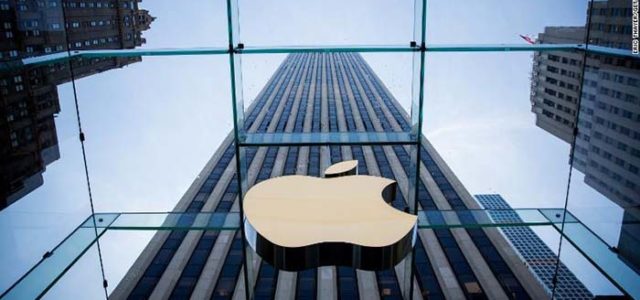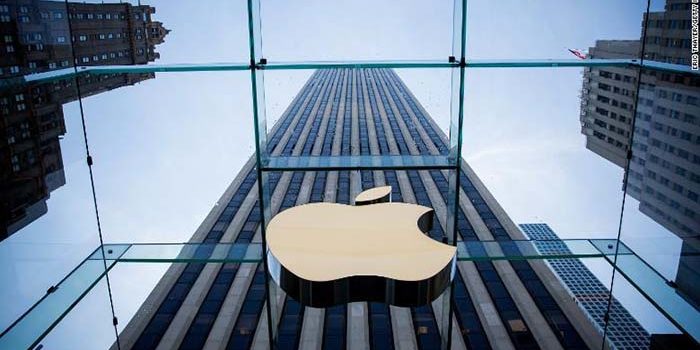


In a surprising 5-4 decision, the Supreme Court has sided with four iPhone owners who sued Apple over alleged monopolistic App Store policies. According to the plaintiffs, Apple’s policies resulted in inflated prices for apps on the App Store, since iPhone users have no alternative for downloading new apps.
Apple Loses Historic Supreme Court Case
The Reason for the Suit
The suit revolved around inflated prices on the App Store due to Apple’s policy demanding 30 percent of all revenue from third-party apps. Apple responded by stating that they don’t set the prices on the app store, and so any legal issues related to overpaying on apps should be directed as suits to the third-party sellers. Essentially, Apple washed their hands of the blame for consumers overpaying.
Monopolistic Tendencies
The opinion, written by Justice Brett Kavanaugh, holds that Apple’s policies enabled them to hide behind third-party sellers to avoid allegations of monopoly. “Apple’s theory would provide a roadmap for monopolistic retailers to structure transactions with manufacturers or suppliers so as to evade antirust claims by consumers.”
This opens the doors for consumers and third-party developers alike to sue Apple over their App Store policies. At present it’s unclear which, if any, parties will seek damages against Apple in relation to this Supreme Court decision.
What This Means
It’s unclear what this will mean for Apple going forward. The company has not commented on this ruling at the time of this writing, though it seems likely they will have a statement soon. The company could be facing some serious damages in court, as antitrust suits can see the plaintiffs recovering up to three times the amount of the damages.
Whether this will mean that Apple will have to amend its App Store policies, or allow for other platforms of app sellers on their phones, is unclear.










